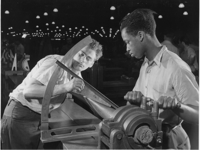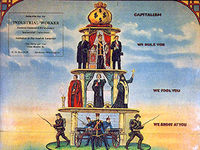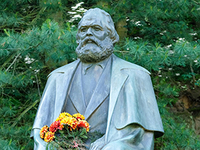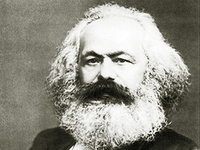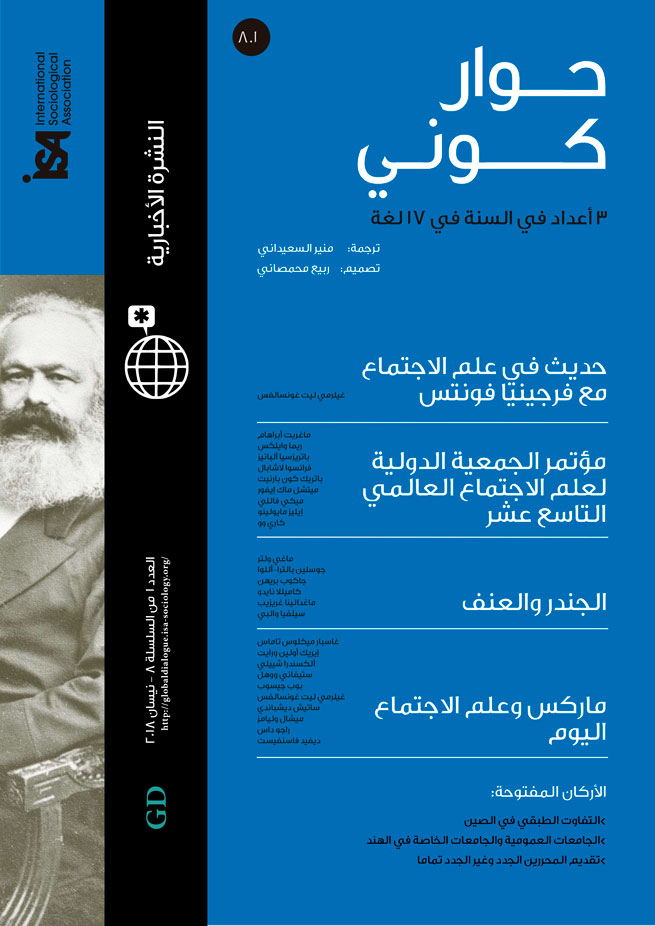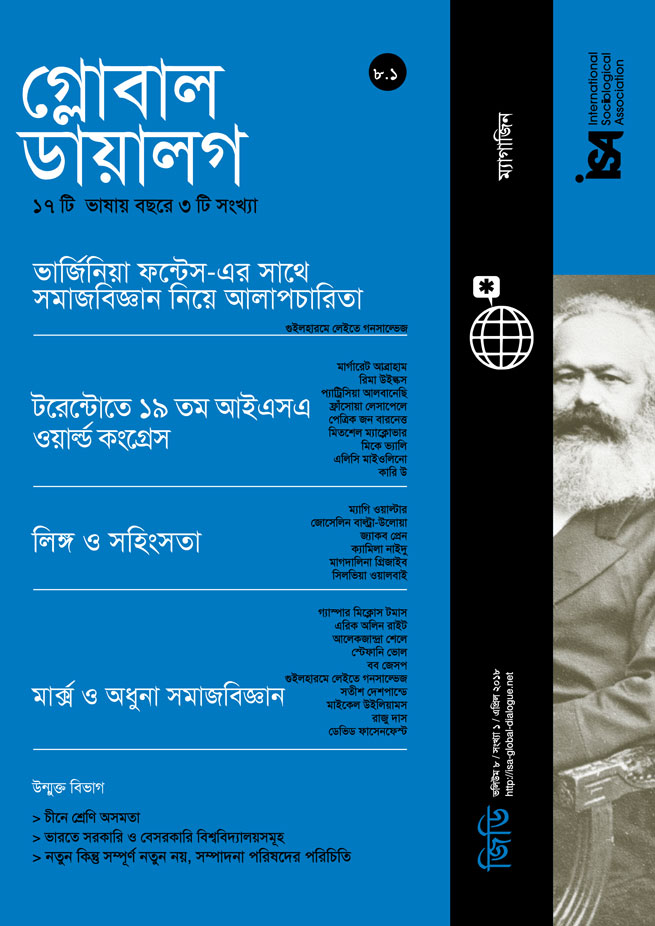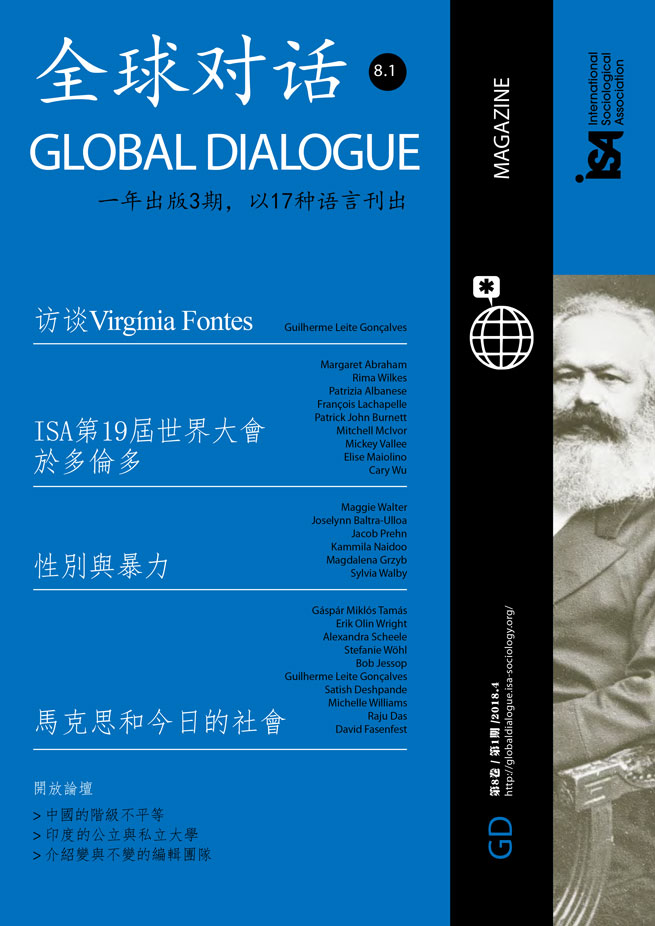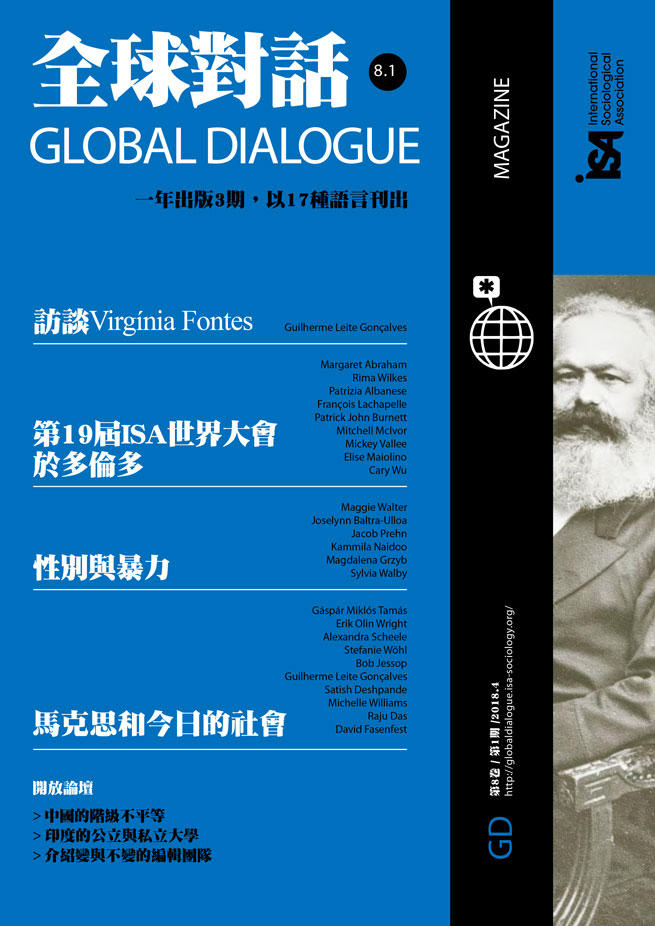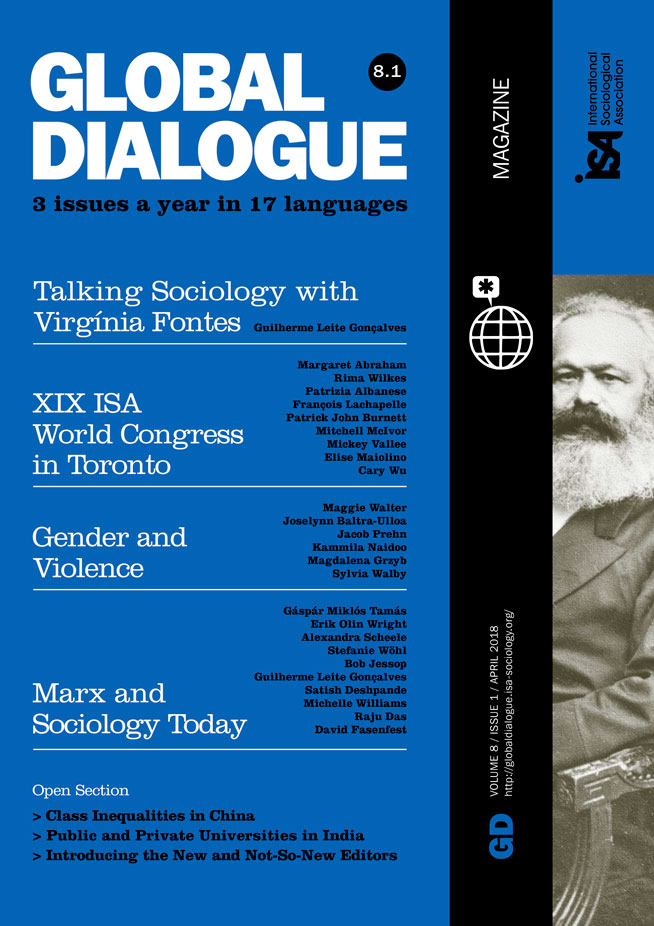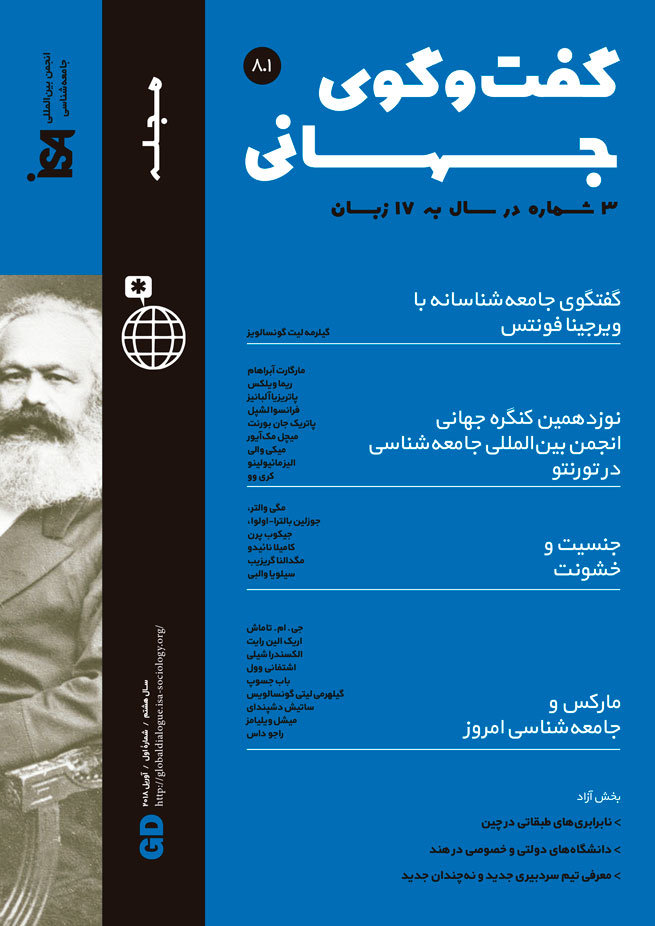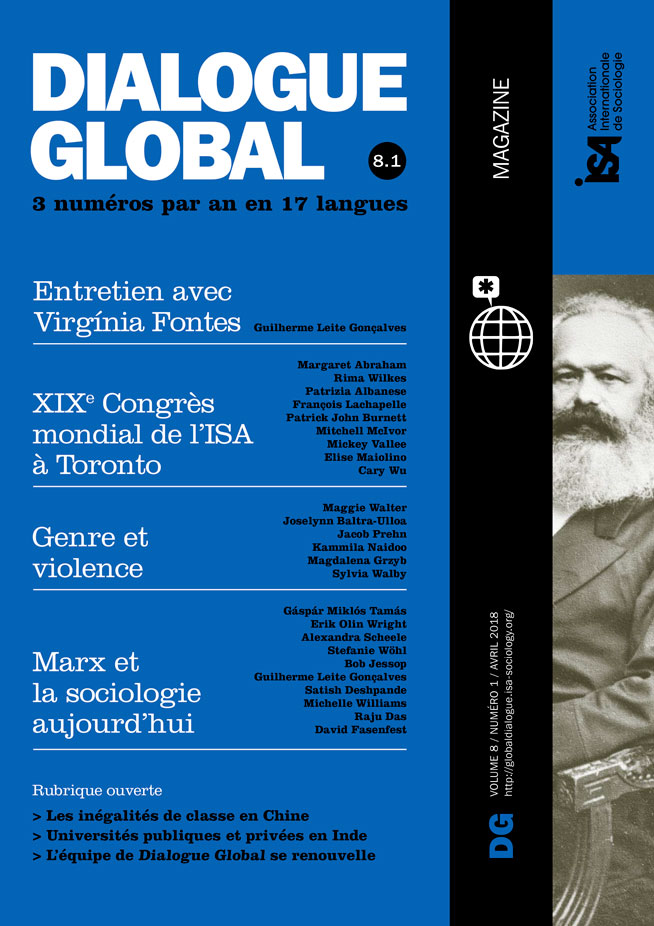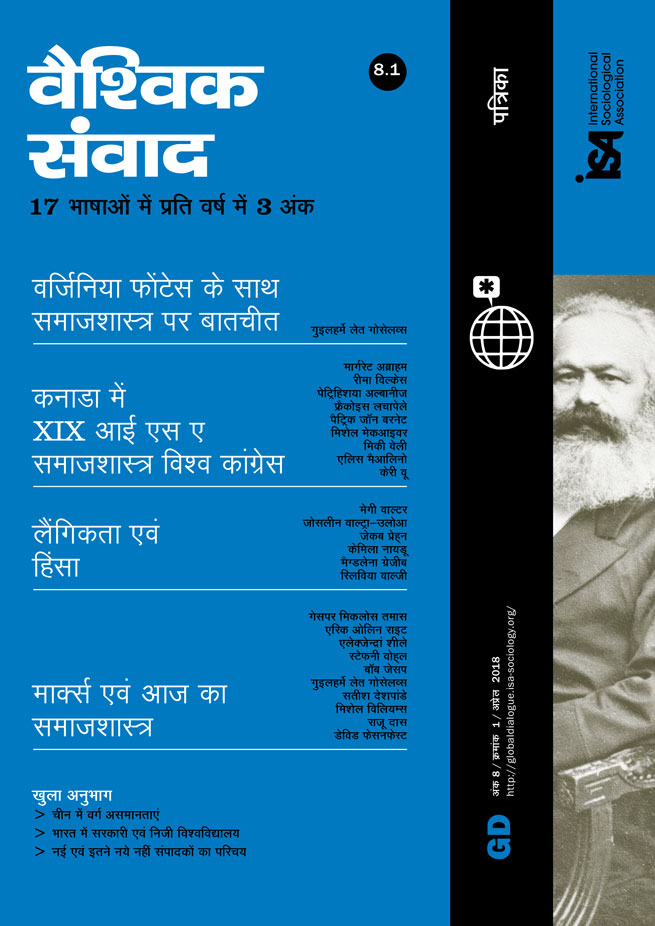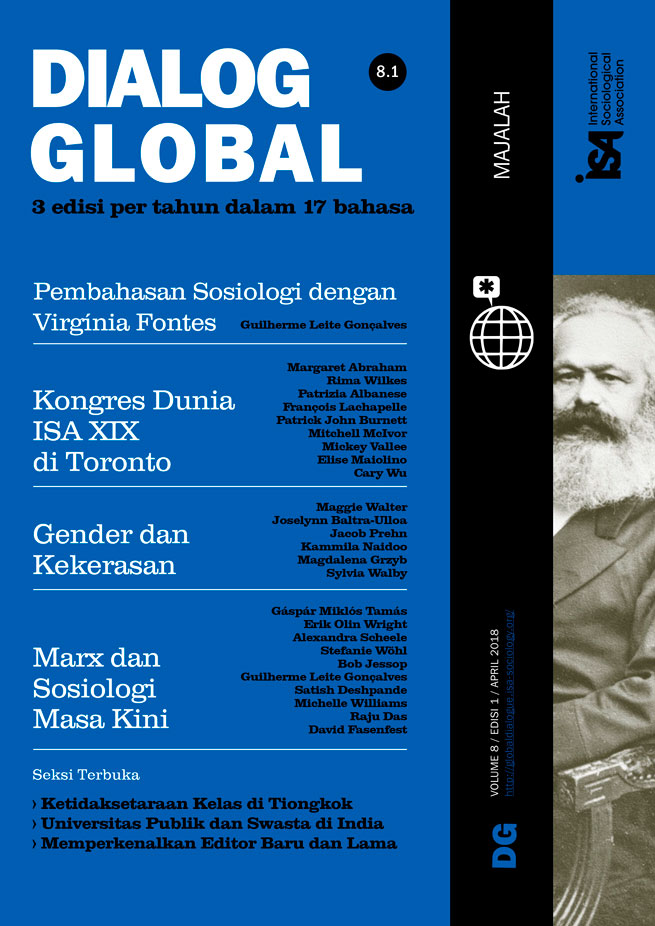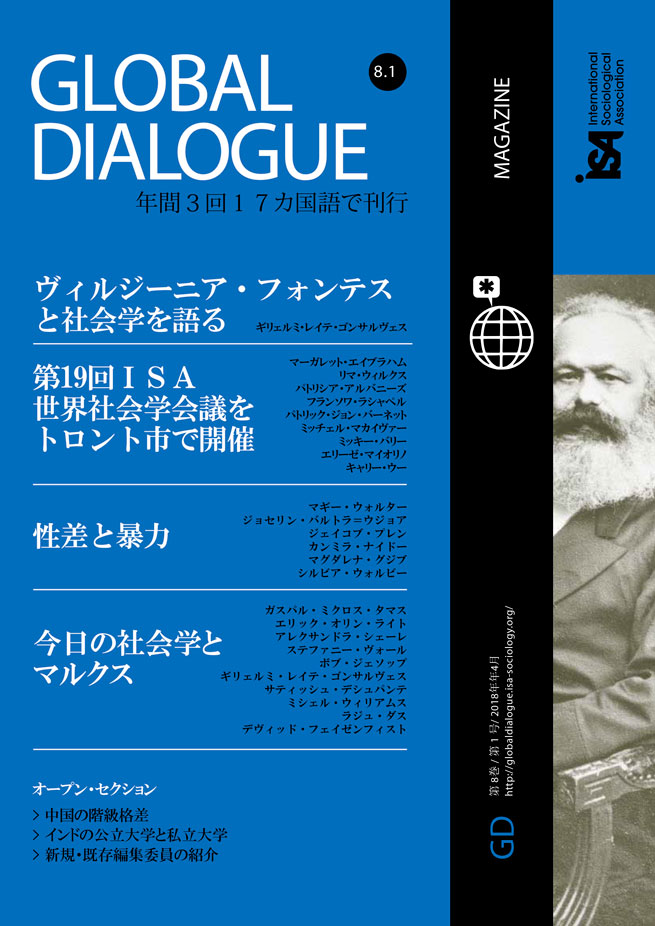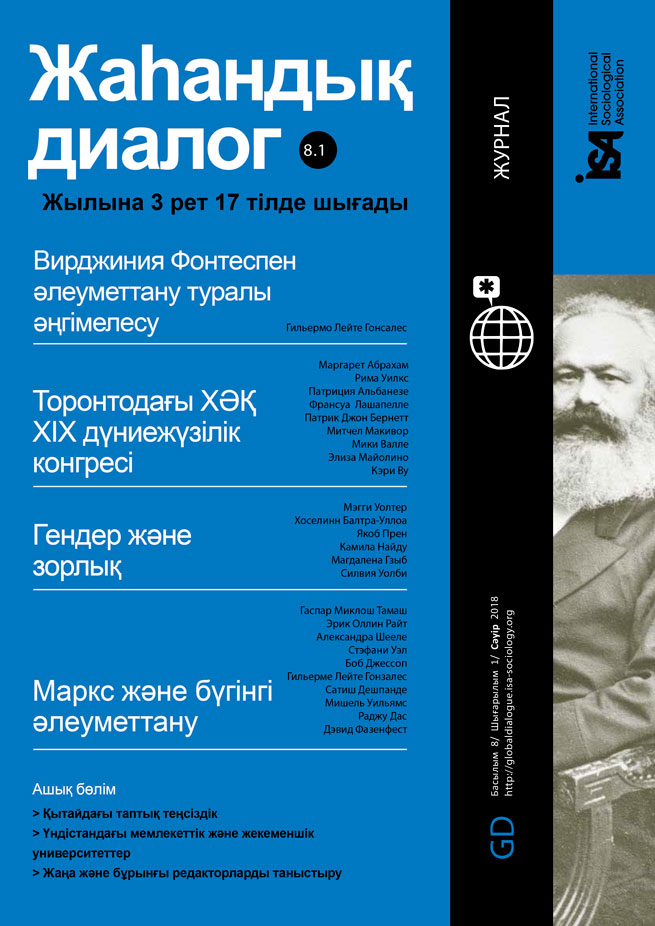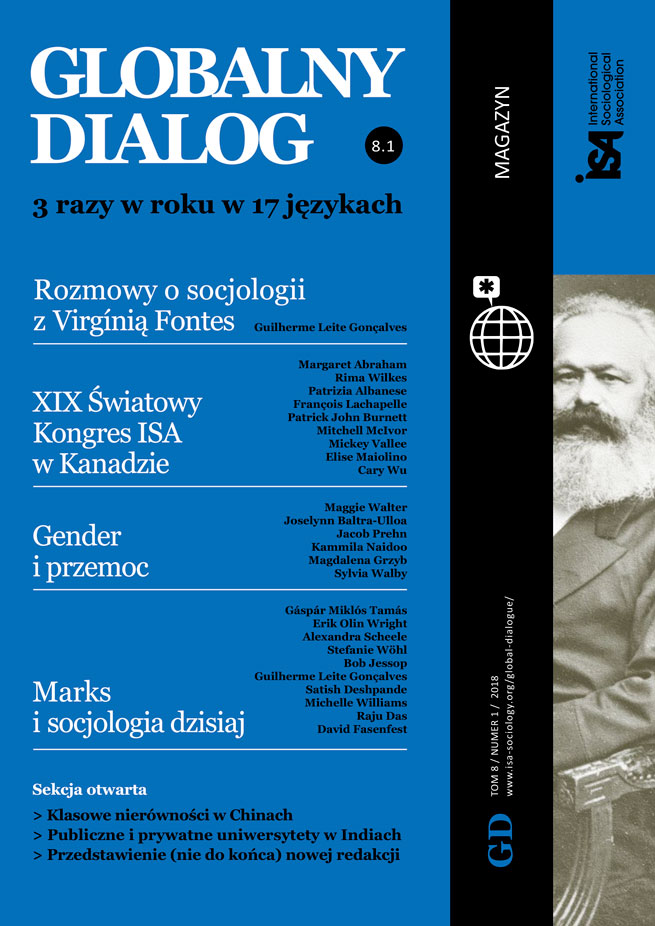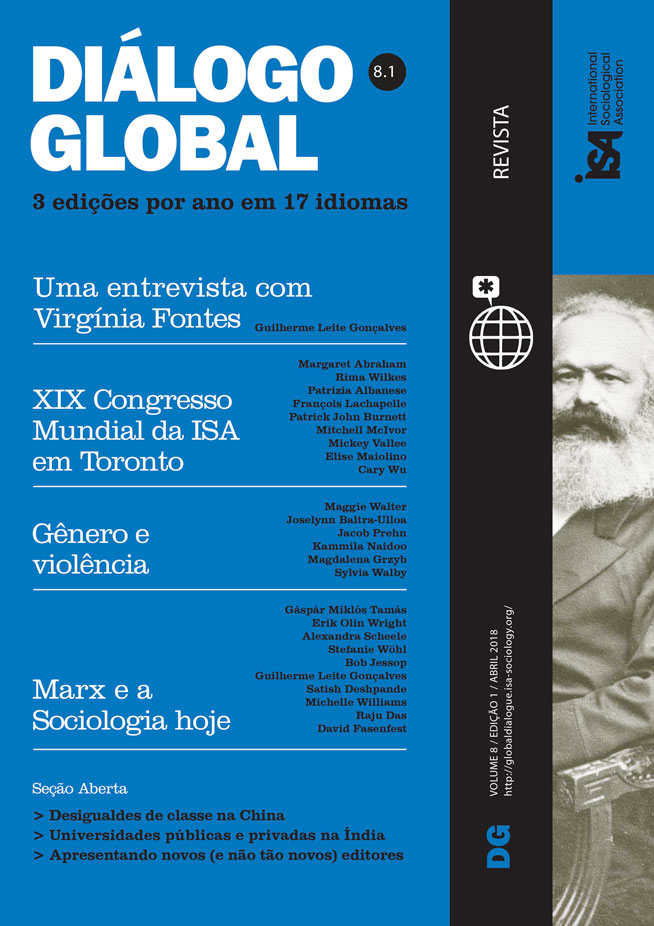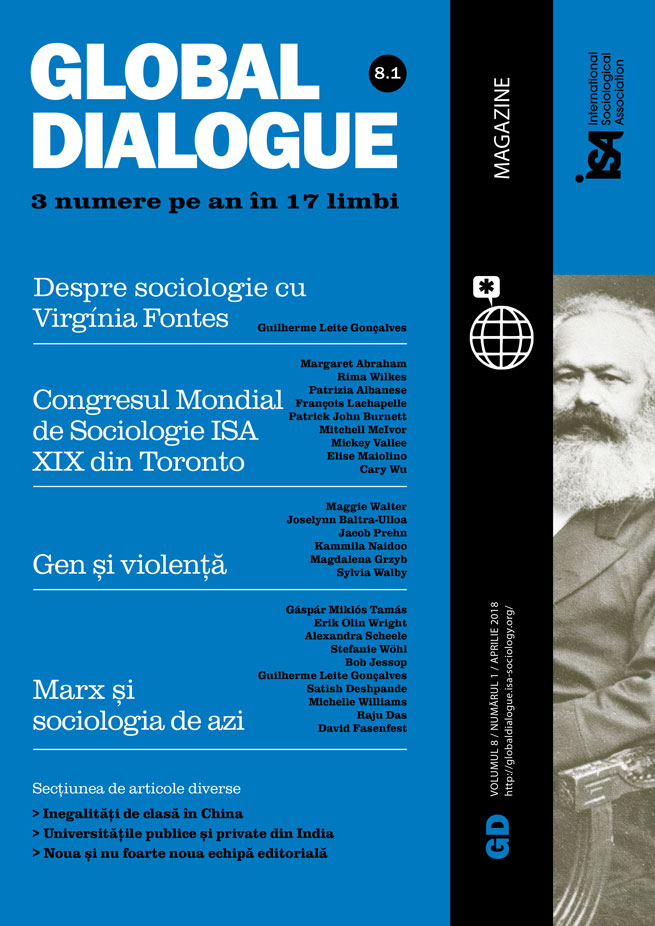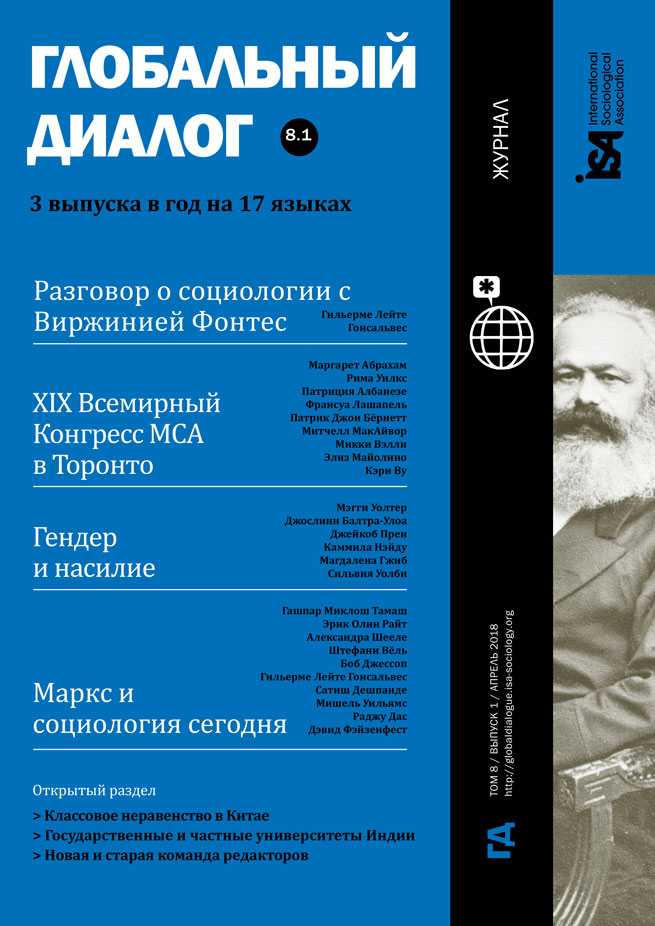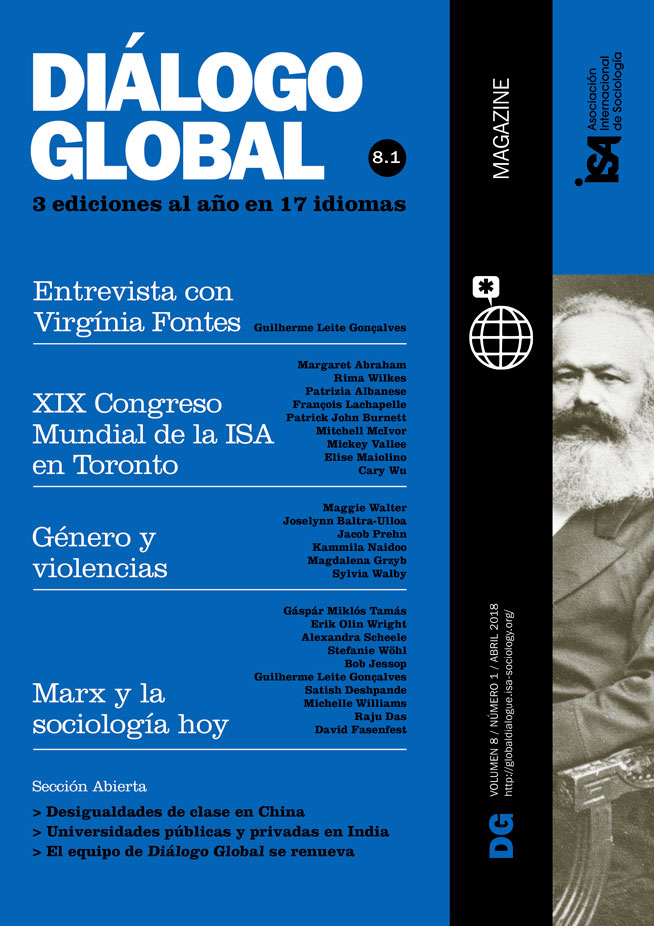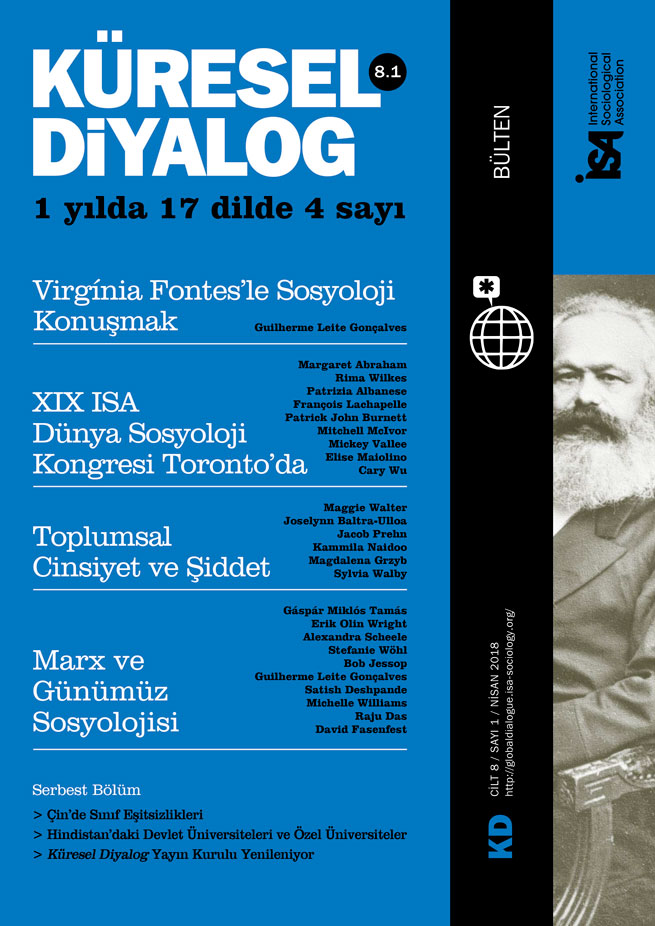Marx did not write a comprehensive critique of the state as an organ of class domination and the exercise of state power as a political process. Moreover, although his project was as much political as theoretical, he provided no extended or coherent analyses of topics such as political parties as an organizational form; nations, nationalism and national states; revolutionary strategy and tactics (including the scope for a parliamentary road to socialism); the form of a “dictatorship of the proletariat”; or how the state might “wither away.”
This does not mean that Marx (or his lifelong collaborator, Engels) neglected such issues. On the contrary, they explored the state in many ways. These included critiques of political theory analogous to Marx’s critique of economic categories in classical and vulgar political economy; historical analyses of the development, changing architecture, and class character of specific states; conjunctural analyses of particular political periods and/or significant events; analyses of the form of the capitalist type of state, albeit primarily in terms of its correspondence with the form and logic of accumulation; historical analyses of the state (or analogous forms of domination) in pre-capitalist class-based modes of production and of state forms in contemporary societies beyond Europe and the USA; and more strategically oriented, politically motivated accounts of changing conjunctures that should shape political debates in the labour movement. Their analyses also extended to inter-state relations, colonialism, the international balance of forces, and the politics of war and peace.
To simplify matters in a brief comment, we can identify three main accounts of the state in Marx’s work. A propagandistic reading sees the state as an instrument of class rule wielded more or less successfully by the economically dominant class to maintain its economic exploitation and political control. This view is expressed notoriously – but for immediate propagandistic and strategic effect – in the Manifesto of the Communist Party, which declares that the executive apparatus is a committee for managing the common affairs of the whole bourgeoisie. Apart from its propagandistic value, this claim makes sense in the light of the limited franchise in Europe and North America at the time. The extension of the franchise in the 1870s would complicate matters and put a parliamentary road to socialism on the agenda. A more historical reading sees the state as a potentially autonomous authority that could regulate the class struggle in the public interest or even manipulate it to the private advantage of the political stratum. This view appears most famously – and inspiringly – in Marx’s analyses of France in the 1850s under Louis Bonaparte. Indeed, he once suggested that Bonaparte had established a praetorian state, in which the army led by Bonaparte III, started to represent itself against society rather than acting for one part of society against other parts. Some commentators have suggested that the first view typifies normal periods of class struggle and the latter characterizes “exceptional” periods when class struggle is stalemated and/or threatens a social catastrophe. This suggestion (mis)takes a propagandistic account for a serious theoretical analysis that must then be reconciled with the historical analyses.
The problem in this suggestion can be seen in a third reading that is rooted in Marx’s earliest critiques of Hegel, was reworked throughout Marx’s life, and is most clearly restated in his remarks on the 1871 Paris Commune. Here the state is an alienated form of political organization that is based on the separation of rulers and ruled. This separation takes different forms in different class-based modes of production, different periods of capitalist development, and different types of capitalist formation. Nonetheless, as Marx wrote in the second draft of the Civil War in France (1871), state power is “always the power to maintain order, i.e., the existing social order and therefore the subordination and exploitation of the producing classes by the appropriating class.” However, as argued in Capital III, the form of sovereignty and political domination is linked to the form of exploitation. In the capitalist mode of production, this involves the impersonal domination of a sovereign state over the population: it does not entail direct rule by the dominant classes. This type of state is possible because exploitation is mediated through formally free exchange in the labour market (despite despotism in the labour process) so that classes are determined through relations of production free from extra-economic coercion or obligatory social bonds. This enables the institutional separation of the economic and political moments of exploitation and domination with economic class struggle taking place within the limits of market relations and political class struggle within the limits of the constitutional state.
This is nonetheless a fragile relation and depends on the institutionalization of a specific class compromise. Indeed, writing in Class Struggles in France, 1848–1850, Marx identified a comprehensive contradiction in the democratic constitution. While it gives universal suffrage to the proletariat, peasantry, and petty bourgeoisie whose social slavery the constitution is to perpetuate, it sustains the social power of the bourgeoisie by guaranteeing private property rights. Political stability requires that subaltern classes should not seek to move from political to social emancipation; and that the bourgeoisie should not insist on political restoration. The institutional separation of the economic and the political and its resulting contradiction explain why Marx rarely resorts to directly economic arguments to explain the development of specific political regimes or the content of specific state policies. For these depend on a specific dynamic of political struggles rather than immediate economic circumstances. Accordingly, although he explored economic circumstances, crises, and contradictions, Marx’s more concrete analyses also carefully considered state forms, political regimes, political discourses, the balance of political forces, and so on.
Marx’s second and third approaches are mutually consistent and most useful for current research and political analysis. Obviously, a longer article would need to include specific cases as well as Marx’s remarks on growing world market integration. But the preceding remarks are enough to show how to advance Marx’s analyses.
Bob Jessop, Lancaster University, UK <b.jessop@lancaster.ac.uk>
